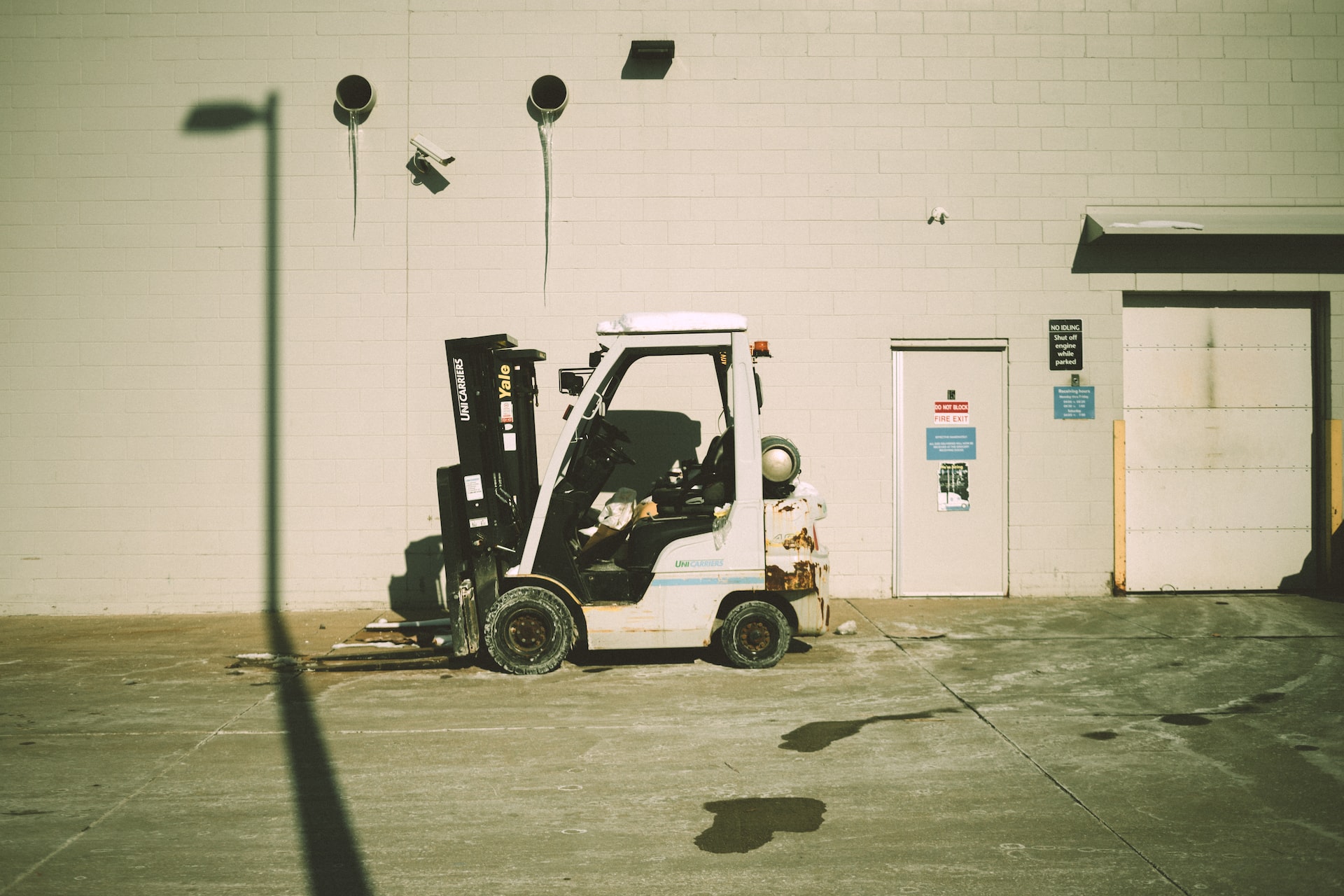Purchasing a forklift can significantly improve your business operations if it is necessary to transport heavy loads as part of your operations.
A forklift is an indispensable tool in many industries since it can easily lift and move heavy objects. Yet with so many forklift models on the market, choosing the best one for your company can be difficult.
These are some things to think about when choosing the right forklift for your company.
Load Capacity
One of the most important factors to consider when choosing a forklift is its load capacity. You need to ensure that the forklift you choose can handle the heaviest load you need to move.
Forklifts typically have a weight capacity ranging from 3,000 to 35,000 pounds, so it’s essential to know the weight of the loads you will be moving before choosing a forklift.
Additionally, it’s crucial to consider how high the loads will be lifted, as forklifts have maximum lift heights that vary depending on the model.
Consider Forklift Hire
Forklift hire can also be a cost-effective solution for businesses that only need a forklift for a short period or for those who don’t have the capital to purchase a forklift outright.
Additionally, low-cost forklift hire can provide you with access to the latest models of forklifts, which may not be available for purchase.
When considering forklift hire, it’s important to choose a reputable company with a range of models available.
You should also ensure that the forklifts are well-maintained and have a valid safety certificate. Finally, make sure that the forklift hire company provides training for your operators to ensure safe and efficient use of the equipment.
Operating Environment
Another factor to consider when choosing a forklift is the operating environment. If you need a forklift for outdoor use, you will need to choose a model that can handle rough terrain and inclement weather.
On the other hand, if you need a forklift for indoor use, you will need to consider the size of your workspace, as well as any obstacles that the forklift may need to navigate around.
Additionally, if your business operates in a noisy environment, you may want to consider a forklift with low noise levels to avoid disturbing your workers.
Fuel Type
Forklifts can be powered by a range of fuels, including electricity, gasoline, diesel, and propane. Each fuel type has its own advantages and disadvantages, and the right choice depends on your specific needs.
Electric forklifts are quiet and emit no exhaust fumes, making them ideal for indoor use. Gasoline and diesel forklifts are more powerful and can handle heavier loads, but they are noisier and emit exhaust fumes.
Propane forklifts offer a balance between power and cleanliness, making them a popular choice for many businesses.
Mast Type
The mast is the vertical assembly that allows the forklift to lift and lower loads. There are three main types of masts: standard, triple stage, and quad mast.
Standard masts are the most common and are suitable for low-height lifting.
Triple-stage masts can lift loads higher than standard masts, while quad masts can lift loads even higher. The mast type you choose will depend on the maximum lift height you require.
Upkeep and repairs
After choosing the ideal forklift for your company, it’s crucial to maintain it properly to ensure its durability and secure functioning.
Proper forklift maintenance, such as oil changes and inspections, can keep your forklift from breaking down and increase its lifespan. Regardless of whether you decide to make the repairs yourself or hire a professional, you need to have a strategy in place.
Cost Considerations
Cost is a critical factor when choosing a forklift for your business. In addition to the initial purchase or rental cost, you should consider ongoing expenses such as fuel, maintenance, and repairs.
You should also consider the potential return on investment (ROI) of purchasing a forklift, such as increased efficiency and productivity.
By carefully considering the cost of ownership, you can make an informed decision about which forklift is the right choice for your business.
Additional Features
Finally, you may want to consider any additional features that you need in a forklift. For example, some forklifts come equipped with side shifters, which allow the forks to move laterally, making it easier to position loads.
Other forklifts have attachments that allow them to handle specialized loads, such as barrels or crates. Additionally, you may want to consider the forklift’s maneuverability, turning radius, and speed, depending on your specific needs.
In conclusion, choosing the right forklift for your business is essential to ensure smooth operations and maximum productivity.
When making your decision, consider the load capacity, operating environment, fuel type, mast type, and additional features that you require.
If you’re not sure which forklift is right for you, consider forklift hire as a cost-effective solution. By carefully considering all of these factors, you can choose the perfect forklift for your business’s unique needs.





